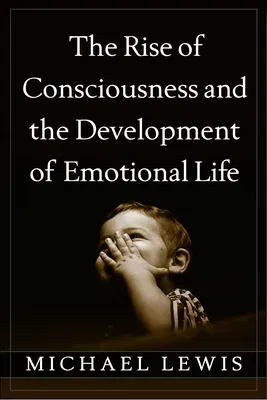Michael Lewis
(Author)The Rise of Consciousness and the Development of Emotional LifeHardcover, 31 October 2013

Qty
1
Turbo
Ships in 2 - 3 days
In Stock
Free Delivery
Cash on Delivery
15 Days
Free Returns
Secure Checkout

Print Length
352 pages
Language
English
Publisher
Guilford Publications
Date Published
31 Oct 2013
ISBN-10
1462512526
ISBN-13
9781462512522
Description
Product Details
Author:
Book Format:
Hardcover
Country of Origin:
US
Date Published:
31 October 2013
Dimensions:
23.6 x
15.93 x
2.64 cm
ISBN-10:
1462512526
ISBN-13:
9781462512522
Language:
English
Pages:
352
Publisher:
Weight:
635.03 gm